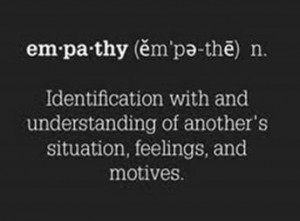
Our society seems to harden and love for our peers harder to give. We amaze ourselves over it, disapprove of it and place blame with the mad individual. Imagination however teaches us to take in to account the conditions of the environment -parents, school, friends, societal structure- and the person’s previous conditions. Empathy teaches us to ask what responsibility wé as a society have ourselves in contributing to his or her action. What is the role of empathy and love in our western society? And what does love implicate really? Is it a lost dream of the sixties or has love yet much to teach our western society?
Love means much more than our current narrow cultural understanding of it. The Greeks for example knew not only eros, the romantic love as we know it, but also philia and agápe. Philia covers the intimate relation between friends, friendly love, and was valued even higher than eros. Philia is what offered thé support throughout life. Agápe was in the eyes of Martin Luther King the most important form of love and covers an unconditional love to our peers, to our fellow humans and our environment. Taking these broad approaches to love as basic idea and starting point we will look at understanding and empathy and its value for social change.
Understanding
In our evolutionary process we have developed mirror neurons that enable us to ‘mirror’ behaviour we observe with our own bodies. When we watch a video of a boy that gets scared of that big spider he
suddenly discovers on his arm, we experience the same scary reaction. We mirror the action and make it our own. Someone who himself plays the piano and passionately sees someone playing the piano in a café can feel his passion. Experiences you have experienced yourself help to understand the others’ experience.
Where understanding is created, judgement will vanish. The experiences you are familiar and trustworthy with, are also familiar and trustworthy to the other. These shared experiences in life form a shared understanding and a shared trust and with it trust and understanding is created in each other and also in a safe environment.
Now its not only your own experiences, but also the experiences of the person you trust that will contribute to a better understanding. As such, ones understanding will grow with the quality and diversity of your relations. A judgement will suffice less and less as you will learn to seek to understand. Without judgement and with an open way to observing life we not only learn to understand each other better, but also our environment in general: love as passion teaches us the observing, non-judgemental scientific approach to dealing with our environment. This basic trust we develop in understanding our environment teaches us to look at the world with imagination and empathy. Empathy seeks to place ourself in the new situation. Imagination and empathy is where understanding starts.
Imagination
Imagination goes much further than placing yourself in the other’s position. Through our earlier experiences in life we can imagine how a violin with sixteen strings would look like, even though we have never seen it. The very thoughts we have and that pass our own experiences, we will then share with others to shape the very ideas that will then be formed by others. They shape our environment and in the end, they shape us. The way you think, the way you feel will form the mentality from which you shape your world.
Your actions, your lifestyle, reflect your mentality and your choices will determine your future. What you do makes a difference. As such, the books you read, the videos you watch and what you inform yourself with will shape our very societies thoughts and the world. The focus of your understanding and empathising, the very words you speak, will become part of your mentality and will be the environment you will find yourself moving towards. ‘The secret of change is to focus all of your energy not on fighting the old, but on building the new.‘, Socrates. The world is ours to create. That taken into account, what kind of future would you like? What really matters in life? Could it be to simply do something you are passionate about, that you can share with others and get appreciated for?
The western idea of freedom under that dictatorship of the ‘free’ market
It sounds so logical and natural, yet we don’t seem to follow our hearts. We don’t seem to listen to what is important to us, the societal judgement seems to decide how to shape our lives. Let’s zoom into that first. Our passions make way for ambitions, appreciation makes way for societal position, happiness becomes successful and justice gets measured by rule of law, distancing itself further and further from moral justice. Or as the dutch, with their fine historic awareness of authority, phrase these ways of justice so eloquently; it’s the difference between rechtsgeldig and rechtvaardig. It enables for two very different ways of power. The fist being the given power out of respect. This is when one’s influences reaches its reaches out of free, personal understanding agreement with the idea and by the attachment towards the person.
The idea gets carried on, you emphasise. It’s the power derived from John Bowlby’s attachment theory. It could be simply put as ‘given power’, or reflecting a vocabulary mindset more aware of authority, gezag as the dutch call it. The other is control without needed agreement of the individual. It is the power of money, the required job to attain money or any agreement shaped conforming via dependency. Ultimately it is any agreement that is conditional. This is where we also touch freedom, for under these conditions we are not free in the agreement made. The societal judgement moved the measure of freedom. Freedom in our contemporary zeitgeist gets measured in purchasing power, where once it was measured in free time and autonomy. In our scarcity based society, money and possessions have grosso modo become the external measure of judgement by which we have started measuring ever more prominently. Technological decentral abundance (TDA) might offer us a way out. As for now, the needed time and ease to listen to ourselves is getting more and more scarce, leaving us insecure and adding ever increasing value to the societal judgement. Nobody wants to be left out.
It’s a harsh measure by which we measure each other and bypass our needs. It’s a measure measured in our houses, cars and differentiating brands; in our lifestyles. In fear and insecurity -and the apathy through stress– the rat race offers us temporary relief in consumption in a society that demands conformity. Or in the words of american existential psychologist Rollo May, “The opposite of courage in our society is not cowardice, it is conformity.”
Consumerism without local production, elementary and essential in our way of organizing society, always leads to conformity. Insecurity and fear of not belonging makes us sensitive for the image that goes with a brand. Time has long flown where brands sell quality, they sell a feeling. It’s the image of the brand status and it’s supposed need to belong. We no longer seem to learn from each other what we need in life. What really matters? We no longer learn to know ourselves, but how to fulfil societal expectations, leaving us with an intrinsic void. We no longer discover what our needs are, but learn what we are to want. Lost and insecure, the way we have organized society teaches us happiness in consumption, status and money. Our passionate hobbies make way for ambitious jobs, our free time makes way to work and our freedom makes way for money. Our bought instant happiness however only works so long and can not fill the existential void. Eager we await our next paycheque, the western worlds measure of freedom.
Change…
But what if I do things differently? What if I take the time to revive, to discover my passions, discover what matters to me and go for it!? There are but few who can. Asides from the practical dependency of money, the initial understanding for your choice will far outnumber the societal judgement over it. One tends to be rejected via lack of understanding. For the brave individual who breaks norm, an
arduous and creative path awaits. The more insecure the dominant society is, the more prominent it’s conformity is defended. For it threatens, simply by showing things can be different. It shows that what we do as society is just a game. The external measure, the obtained position, possessions, it is all irrelevant. It’s only a choice. For those insecure and frightful clinging to this measure in their lifestyle, the mirror upheld is most confronting. All the expectations you have learned to comply to and that gave stability are suddenly not so certain anymore.
When the extrinsic justification goes, the intrinsic remains. It touches the existential void of our western society. A secure base and self-confidence lack if attachment through empathy never enabled you to build this; a base of loving non-judgemental security to grow from to become your own person. A strong individual -true individualism- is born out of a loving environment, out of attachment. Paradoxically we tend to think it’s created by being strict and go straight into self-reliance. Sure, this way the individual will learn to survive it’s expectatious environment well. Surviving however is not the same as discovering the joy of living: having to live up to others/societies expectations is not the same as freely discovering passionately living from experience.
The lack of a loving environment even has consequences for future development of our lives. D.W. Winnicott, British child psychiatrist, said that there are two things that can go wrong in childhood: things that happen that shouldn’t happen -that’s trauma- and things that should happen that don’t happen. Children are equally hurt by things that should happen and don’t as they are by things that shouldn’t happen but do. If, for example, the parents aren’t emotionally available, no one will define that as trauma, but it will be for the child. If a mother has postpartum depression, that’s not defined as trauma but it can lead to emotional neglect and that interferes with child brain development. The research of Canadian physician Gabor Maté shows the pains that come with the absence of a nurturing environment have now shown to be connected to the development of addictions, ADD and autism. The cost of neglecting our needs and living by expectation seems to be high.
And yet it seems most of us are participating in this voluntary game we play. The irony is, it just so happens to be a voluntary game we all have to stick to; the paradox of an insecure, conformist society.
There is of course the odd individual that does show things can be different. He or she shows there ís a choice. In a secure, free society such diversity is embraced. In our zeitgeist those who show things cán be different are a big inspiration to many. Paradoxically he can become a guru -take Gandhi, Martin Luther King, Krishnamurti or Alan Watts- we would like to be like in an uncritical way. This obtained position of given power now stresses the integrity of this free individual.
…is in your lifestyle
If you really want to do things differently, you will need time and love. At the edge of boredom comes creativity and you discover what you like doing. With love for the matter and love from those around you comes true safety and the freedom to fail: the judgement is absent. With failure comes experience and you learn to be good at something. In fact, you will learn you can be good at many things. You will find others around you who share the same passions or those who value yours. You get to share your passion and learn to love the moment and love yourself. As a free individual you can be there for another and that satisfaction itself is the motivation. And that is precisely what love is, unconditional: love gives. You don’t do it for the appreciation to receive from the act of love, it is the act itself. Received appreciation shows the unconditional love of the other and helps us grow. It’s the given love we all need.
Each time we listen to the other, each time we help someone and each time we express our appreciation, we help to better understand someone and help to show someone our love. We give each other the freedom to discover and realise what in life matters to someone. We connect and create trust. This build trust brings openness, acceptance and transparency in society. We find each other in understanding.
The hardening of our societal judgement
Each time we judge, we do the opposite. We create distance towards the judged. We end up distancing ourselves. Judgement does not bring understanding, it asks for the others judgement. It also shifts the justification from internal to external. An insecure person in a dependable or unequal (societal) relation increases the susceptibility for this external justification, where the advantage will be more and more with those who will need it less and less. In strong unequal societies, like the western societies, we have made this external justification ours. Rule of law has made way for moral law. As of young the societal judgement is hardening our developing kids in an ever more stressful society for caregivers. Access to brands determine our identity instead of character, creativity and curiosity make way for marks and exams. We forget to ask why and how something works, but that it works as such. Fragile curiosity towards a better understanding has its first encounter with systemic conformity. Money, success and material wealth seem to be the measure and the more insecure,
the more hurt you are, the more this external justification seems to become part of our lives. You’ll hear yourself saying ‘Sorry, but that’s the rules’. Why and how no longer shape your mentality, you have learned that ‘that’s the way it works’, ‘its just the way it is’. It’s the rules we now cling onto, the external justification in which we take refuge: your room in which to manoeuvre, your autonomy has been taken in fear. It has slowly taken your freedom. And you in turn have taken other peoples freedom. Societies’ learned passivity and disinterest through apathy allows for truly inhumane actions. And even without committing the immoral deed yourself, you facilitate it. And that is a choice, it too is an action. But even then love shows us understanding and retains us of judging the individual. Or in the words of Martin Luther King, ‘So he rises to the level of hating the system, rather than the individual caught up in the system. He loves the person and hates the evil deed.‘.
Love, a lifestyle
Martin Luther King was the voice given to an internal sense of immoral justice, a state of mind, towards the dominant cultural norms of society of his time. His peaceful resistance in civil disobedience replaced fear of the unknown with an extension of empathy towards our black fellow men. Violence, no matter how severe, was not to be answered likewise and undermined the external justification for this violence. Peaceful resistance reflected the individual with his or her internal moral justification as it also reflected with the rule of law of society. Empathy had us experience
the moral injustice of our actions. Empathy asks us the courage to not only identify with the power of the external judgement -its structures, institutions, rules and habits that characterise it-, but also with the powerless. It asks courage to be the powerless. It asks courage to show love. Scarce as love is in our society, it tends to make us feel uneasy and unsafe. She appears to make us vulnerable. Yet, the measure by which we get hurt is our own decision through the value we attach to the judgement. An immoral judgement teaches us something about the other. Understanding helps place the judgement and tries to overcome it, but is not to be made part of our lives. Integrity knows no compromise: it brings understanding. Sensitivity to compromise of integrity brings insecurity, conformity, susceptibility to fear and as such power. Love breaks power and knows no fear. Love teaches us to empathise with and join the disadvantaged classmate or empathise and join the collective action in civil disobedience.
Love is an essential need of humans. Our western lifestyle, her societal organisation, conformity, stress, scarcity and competition ask us for a compromise in which we lose the ability to love more and more. The integrity to maintain this is under immense pressure. If I could endow you with two experiences of love they would be that (1) love knows no judgement. Learning to view the world around us without passing judgement gives us an understanding of our environment and each other. It opens us up to new ideas and experiences. Love brings us safety and security, the freedom to fail and curiosity: how and why? With time she will give us passions, expertise and innovation. And (2), that love is unconditional. Love has no expectations, she knows only the present moment. She can only give and is upon the other to give. The appreciation is in giving itself and the appreciation of received love. Unconditional as she is, she even teaches us to place the pain of unanswered love. Your own expectations make way for the appreciation of the others differing needs, their happiness and your possible contribution to it. Love learns to place it, accept it and have peace with what is.
All in all love teaches us to make the ‘right’ decisions in our journey through life and how to make our choices. What is right can ultimately only be decided by ourselves. YOU decide what matters in life, what is important, what makes you get out of bed in the morning and where your happiness is to be found. This can only be discovered however in loving contact with your environment and others around you and can be found in understanding, imagination, morality, integrity, empathy and many other expressions of unconditional, non-judgemental love. Have her travel with you through the day, expressed in your daily activities and felt in appreciation of the moment and our environment. I wish you all very loving lives.
.
.
Feel free to repost this article on your site by linking to this original. However, please share the pictures as well as they form an inherent part of this article. Thanks for sharing!

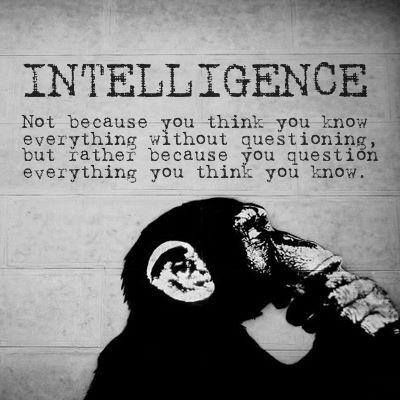
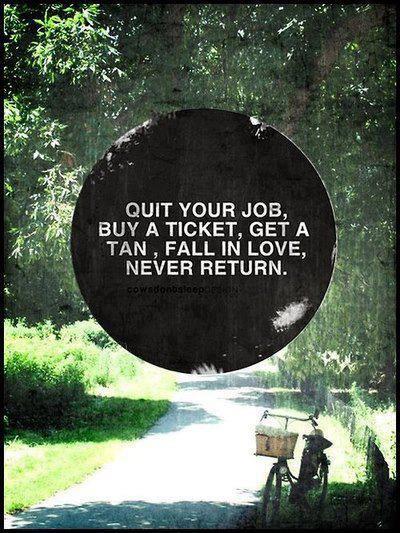
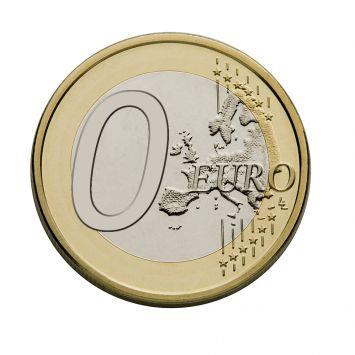
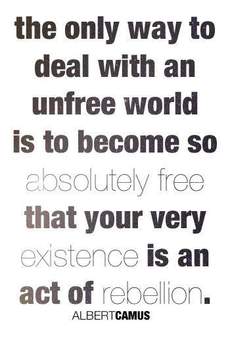
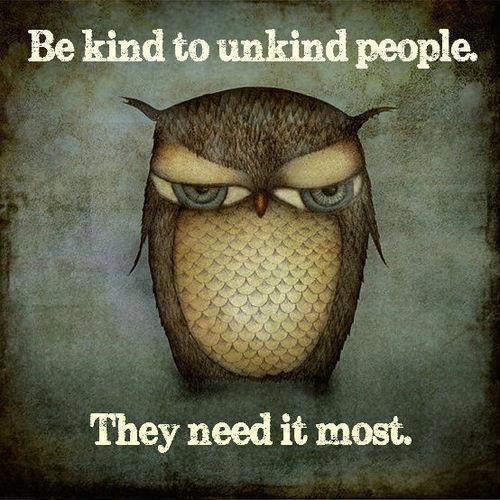
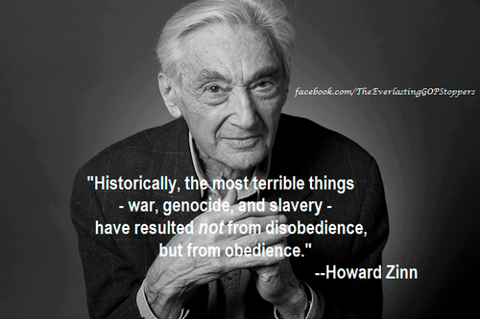
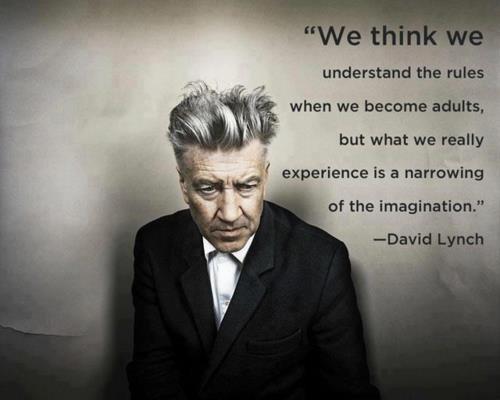
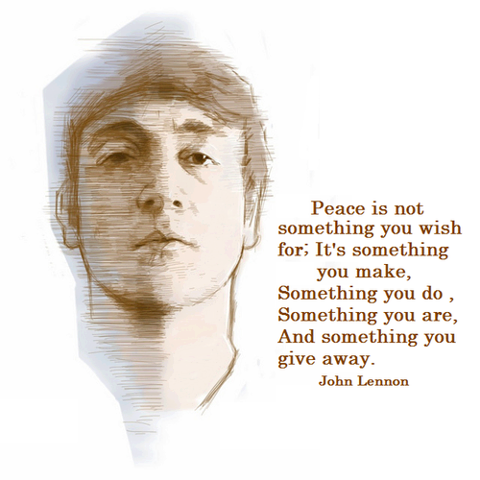
Leave a Reply